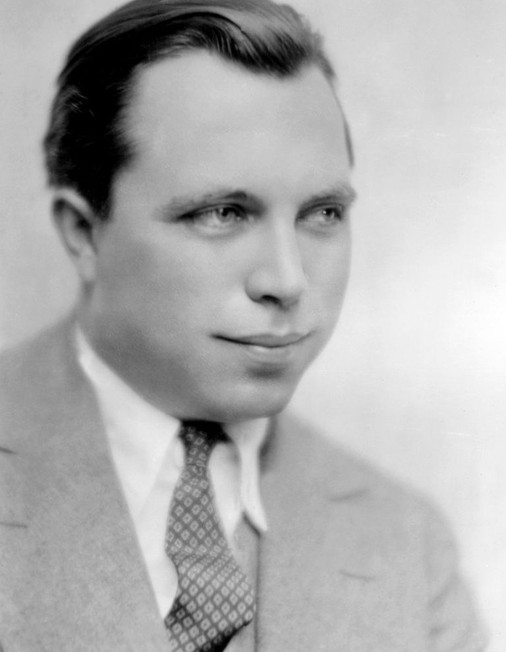King Vidor
 King Wallis Vidor ( ; February 8, 1894 – November 1, 1982) was an American film director, film producer, and screenwriter whose 67-year film-making career successfully spanned the silent and sound eras. His works are distinguished by a vivid, humane, and sympathetic depiction of contemporary social issues. Considered an director, Vidor approached multiple genres and allowed the subject matter to determine the style, often pressing the limits of film-making conventions.
King Wallis Vidor ( ; February 8, 1894 – November 1, 1982) was an American film director, film producer, and screenwriter whose 67-year film-making career successfully spanned the silent and sound eras. His works are distinguished by a vivid, humane, and sympathetic depiction of contemporary social issues. Considered an director, Vidor approached multiple genres and allowed the subject matter to determine the style, often pressing the limits of film-making conventions.His most acclaimed and successful film in the silent era was ''The Big Parade'' (1925). Vidor's sound films of the 1940s and early 1950s arguably represent his richest output. Among his finest works are ''Northwest Passage'' (1940), ''Comrade X'' (1940), ''An American Romance'' (1944), and ''Duel in the Sun'' (1946). His dramatic depictions of the American western landscape endow nature with a sinister force where his characters struggle for survival and redemption.
Vidor's earlier films tend to identify with the common people in a collective struggle, whereas his later works place individualists at the center of his narratives.
He was considered an "actors' director": many of his players received Academy Award nominations or awards, among them Wallace Beery, Robert Donat, Barbara Stanwyck, Jennifer Jones, Anne Shirley, and Lillian Gish.
Vidor was nominated five times by the Academy Awards for Best Director. In 1979, he was awarded an Honorary Academy Award for his "incomparable achievements as a cinematic creator and innovator." Additionally, he won eight national and international film awards during his career, including the Screen Directors Guild Lifetime Achievement Award in 1957.
In 1962, he was head of the jury at the 12th Berlin International Film Festival. In 1969, he was a member of the jury at the 6th Moscow International Film Festival. Provided by Wikipedia
